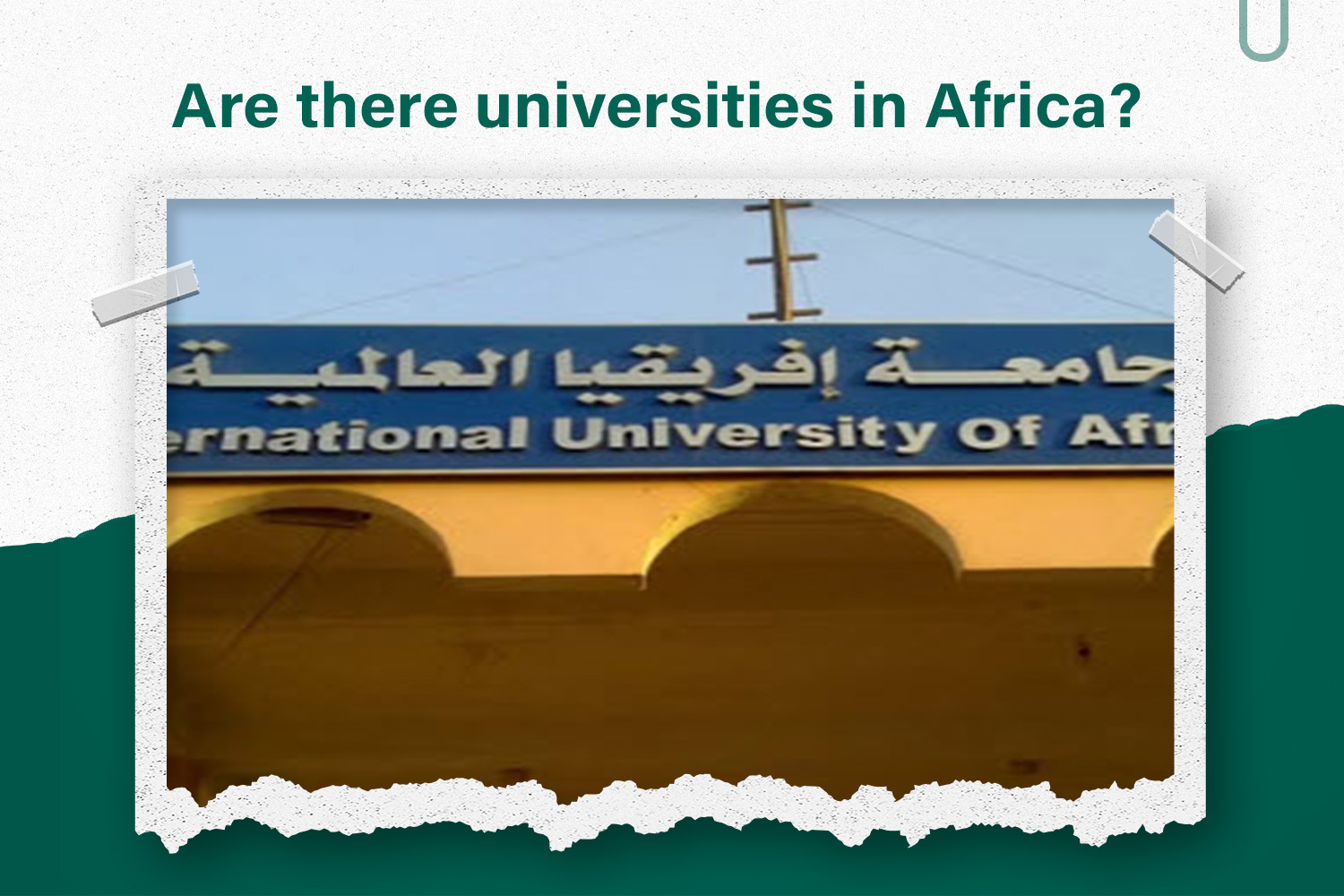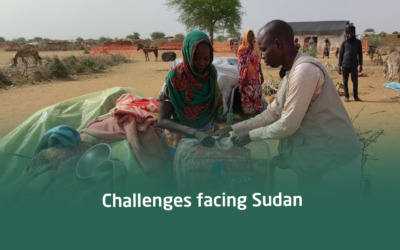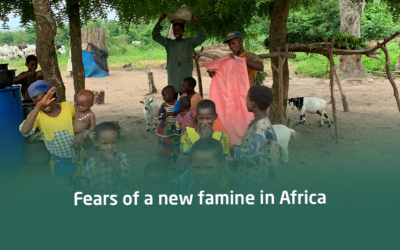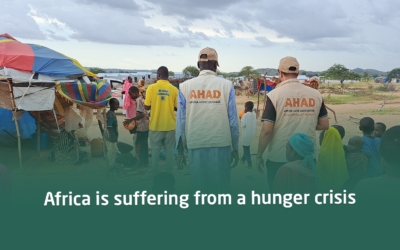Universities are one of the most important higher education institutions in the world, playing a crucial role in the development of societies and achieving economic progress. In light of this, this article looks at universities in Africa and their vital role in higher education and development. The leading universities in Africa and the challenges they face, along with educational opportunities and the impact of globalization on these universities will be reviewed.
Overview of universities in Africa
Universities in Africa are one of the most important higher education institutions on the continent, playing a vital role in the development of societies and achieving economic progress. Universities in Africa are distinguished by the diversity of their specialties and diverse educational programs. These universities are witnessing an improvement in the quality of education and scientific research, and the development of human resources in various fields. Universities in Africa are one of the key factors in promoting higher education and sustainable development on the continent.
Socio-economic impact of universities in Africa
Universities in Africa play a vital role in the socio-economic development of the continent. It promotes job opportunities and contributes to the development of the local community by training qualified cadres and providing research and consulting services. Universities are also one of the main sources of innovation and technology on the continent, which promotes economic growth and sustainable development.
Leading universities in Africa
Some universities in Africa have an excellent reputation and are considered one of the best on the continent and among the leading universities in specific fields. Among these universities, the University of the Witwatersrand in South Africa stands out as one of the best universities in the world in several fields such as engineering, science and medicine. King Fahd University of Petroleum and minerals in Saudi Arabia is also distinguished by its outstanding specializations in the field of petroleum, mining and engineering.
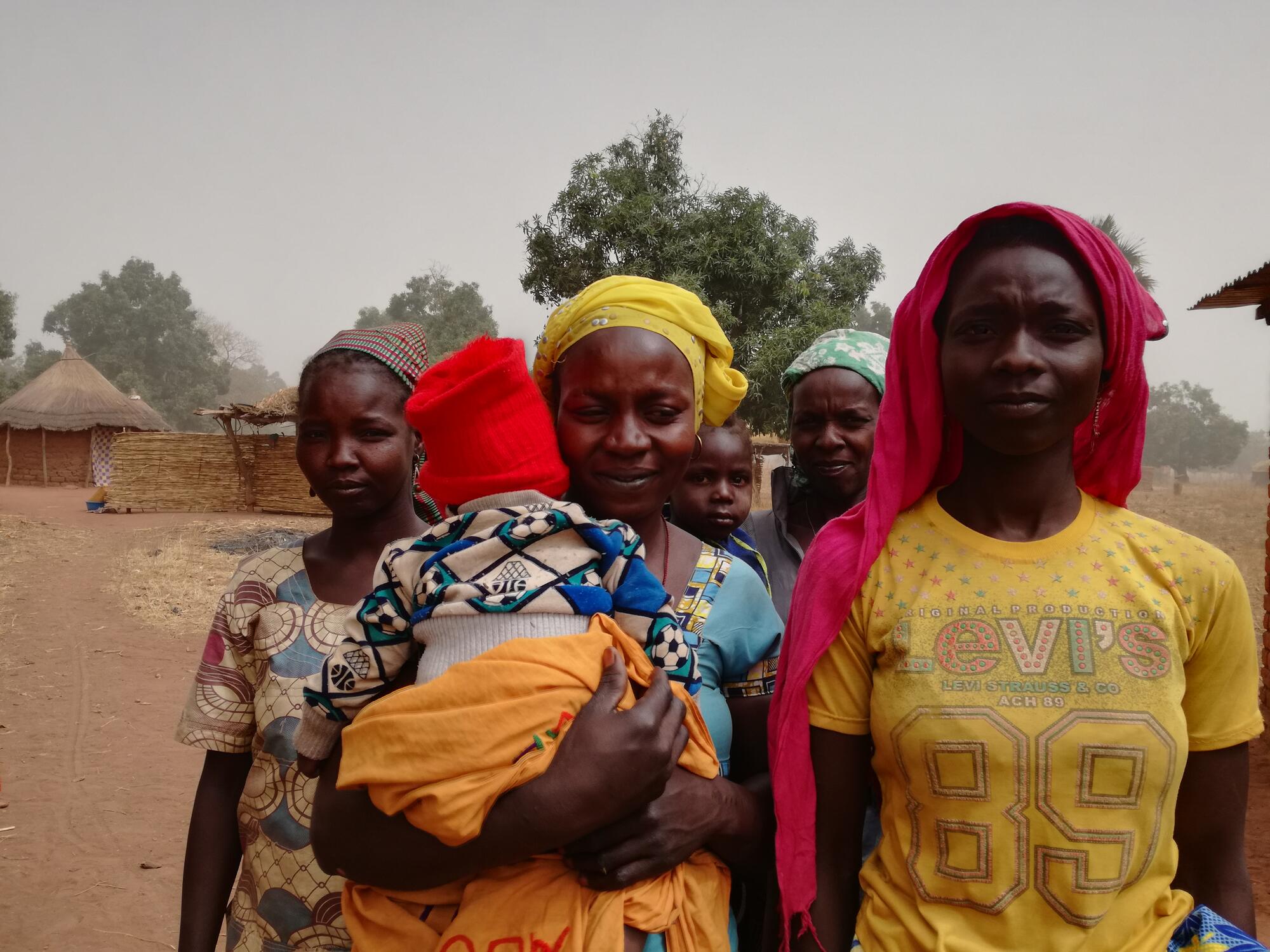
University of the Witwatersrand in South Africa
The University of Witwatersrand is one of the leading universities in Africa with a long history and an excellent reputation. The university is considered to have diverse and advanced specialties in several fields such as engineering, science and medicine. It is characterized by providing an excellent learning environment and high-quality academic standards to its students. Outstanding professors and innovative research offer unique opportunities for learning and professional growth. Thanks to the quality of its education and its integration into scientific research, the University of Witswatersrand is one of the leading universities in the world.
King Fahd University of Petroleum and minerals in Saudi Arabia
King Fahd University of Petroleum and minerals in Saudi Arabia is considered one of the sports universities in the world. The university offers outstanding programs in the fields of engineering, petroleum Sciences and Metallurgy. Teachers and researchers at the University are distinguished by academic excellence and practical experience. King Fahd University of Petroleum and minerals aims to expand scientific knowledge and develop future leaders in the energy and minerals industry.
Challenges facing universities in Africa
Universities in Africa face many challenges. This includes a lack of funding and inadequate infrastructure, as many universities on the continent are underfunded, and this affects the quality of education and scientific research. In addition, there is a shortage of teaching and research competencies, as some universities are at risk of losing qualified professors and outstanding researchers. It is necessary to improve these aspects to enhance the quality of higher education in Africa.
Lack of funding and inadequate infrastructure
Universities in Africa suffer from a lack of funding and inadequate infrastructure. The lack of adequate funding affects the ability of universities to improve their infrastructure and provide the necessary resources for education and scientific research. This, in turn, affects the quality of education and the ability of universities to serve society and sustainable development. Therefore, funding investments in universities in Africa should be increased in order to improve infrastructure and provide the necessary possibilities for the development of Higher Education on the continent.
Lack of teaching and research competencies
Universities in Africa suffer from a shortage of teaching and research competencies. This is mainly due to the lack of proper training and constant development of professors and researchers. This shortage affects the quality of higher education and scientific research at universities, and also hinders the development of scientific expertise and knowledge on the continent. Therefore, universities should work to develop and enhance the capabilities of faculty members and researchers by providing appropriate training courses and research opportunities.
Higher education opportunities in Africa
Universities in Africa are distinguished by offering high-quality and diverse educational opportunities. These opportunities include specialized educational programs in fields such as medicine, engineering, and science. The universities also provide opportunities for students from the continent and beyond to join study programs and enjoy excellent academic education in a supportive learning environment that is tailored to their educational needs. In addition, it allows students an early examination of their career paths through the available programs and promising specialties in various fields.
Diverse educational programs and promising specialties
Universities in Africa provide a variety of educational programs and promising specialties. Students can choose majors in different fields such as engineering, medicine, science, commerce, and Social Sciences. It gives students the opportunity to explore and develop in their favorite specialties and acquire the practical skills necessary for a successful career. These diverse educational programs are offered by distinguished professors and the courses are customized to meet the needs of the labor market.
Opportunities for students from the continent and beyond
Universities in Africa provide diverse opportunities for students from within the continent and also from outside it. These universities attract students from different countries and give them the opportunity to study and enjoy a global experience. Students can take advantage of the high-quality education offered by these universities and acquire the skills and knowledge necessary to face the challenges of the future labor market.
The impact of globalization on African universities
The impact of globalization on the Universities of Africa is manifested in the increased academic and cultural cooperation between African universities and World Universities. Such cooperation allows students and professors to benefit from global experience and knowledge and develop skills necessary for the international labor market. However, universities in Africa face significant challenges in balancing globalization and maintaining a unique cultural identity and local language to meet the needs of local communities.
Academic and cultural cooperation with international universities
Universities in Africa conduct close academic and cultural cooperation with world universities. This cooperation allows students and professors the opportunity to benefit from international experience and knowledge in various fields. Educational and research programs are exchanged, joint seminars and conferences are organized, students and professors are exchanged between universities. This cooperation contributes to the strengthening of higher education and the development of skills necessary for the international labor market.
Challenges of the impact of globalization on cultural identity and language
Universities in Africa face challenges regarding the impact of globalization on cultural identity and language. The spread of international culture and the English language in many universities is a challenge to preserve the cultural identity and the local language. Therefore, many universities are working to promote the local culture and language through their educational and research programs, organizing local seminars and conferences, as well as developing classes and educational programs focused on teaching and strengthening the local cultural identity and respect for cultural diversity.
Conclusion
The study shows that there are major challenges facing universities in Africa, such as lack of funding and lack of teaching and research competencies. Therefore, more investments should be made in universities in Africa to improve infrastructure and support scientific research. Higher education must also be promoted as a means to achieve sustainable development on the continent as well as the AHAD in supporting education.
Related articles:

